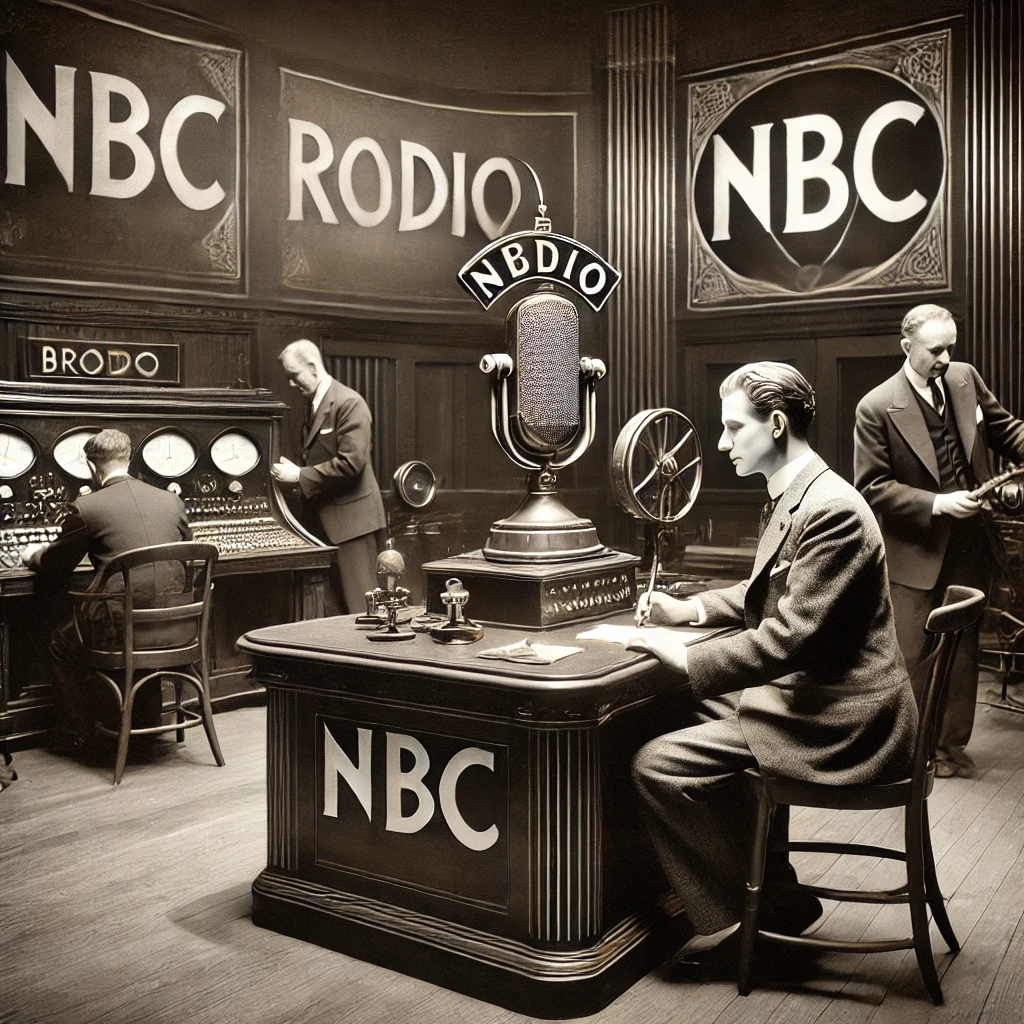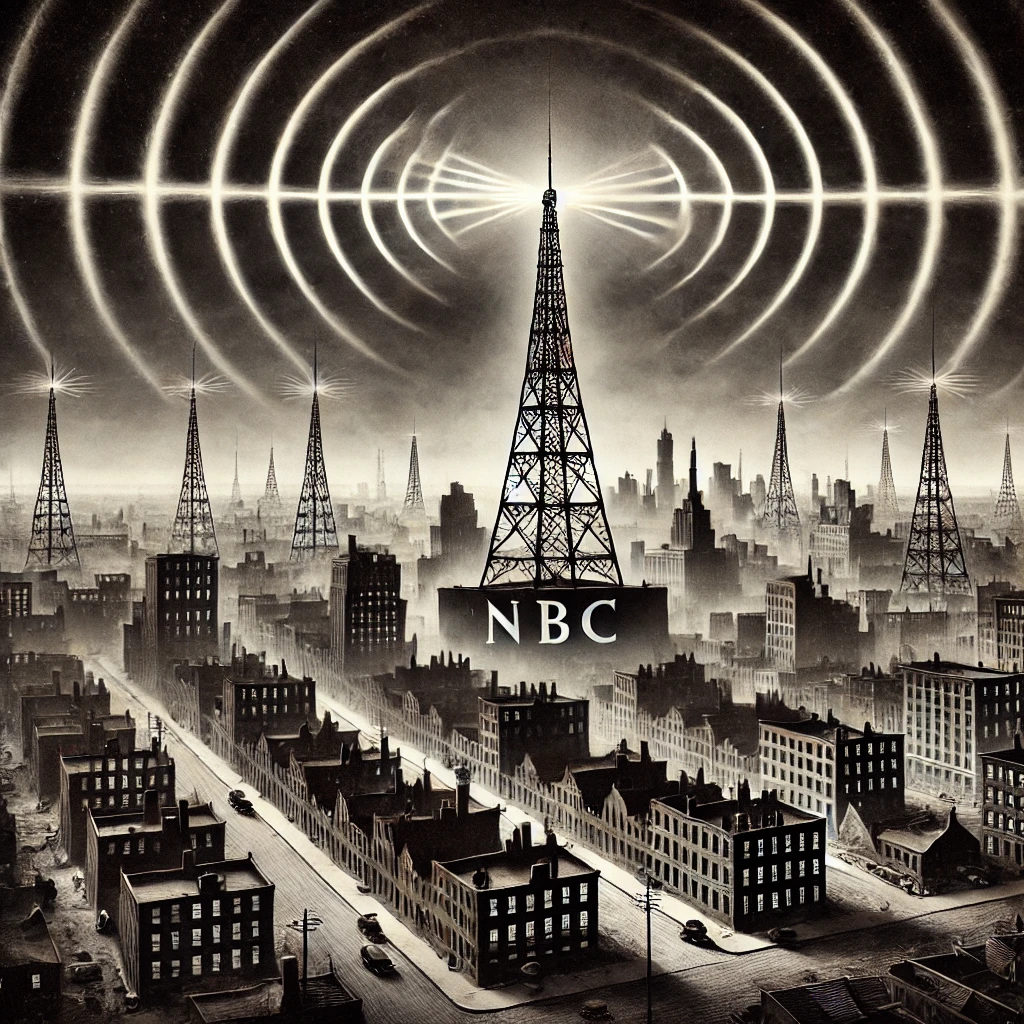On November 15, 1926, the National Broadcasting Company (NBC) was created, marking the formation of the first major radio network in the United States. This groundbreaking event ushered in a new era of communication and entertainment, fundamentally changing the way information was disseminated and consumed. NBC’s establishment laid the foundation for the growth of broadcasting as a powerful medium, shaping the landscape of American media for decades to come.

The Birth of NBC
The inception of NBC was driven by the need for a more organized approach to radio broadcasting. Prior to NBC’s creation, the radio industry was characterized by numerous independent stations, each operating on its own frequency and schedule. This lack of coordination made it challenging for advertisers and listeners alike. To address these issues, the Radio Corporation of America (RCA) established NBC to create a network that could deliver a consistent stream of programming to audiences across the country.
NBC’s initial structure consisted of a “red” network and a “blue” network, with each serving different programming needs and audiences. The red network focused on commercial programming, while the blue network offered more diversified and experimental content. This dual network model allowed NBC to cater to a wide range of listeners, quickly establishing itself as a leader in the burgeoning radio industry.

Impact on Broadcasting and Entertainment
The formation of NBC had a profound impact on the development of broadcasting and the entertainment industry. The network was at the forefront of innovation, pioneering live broadcasts, news reporting, and a variety of entertainment programming. NBC introduced audiences to popular shows, including radio dramas, comedies, and musical performances, setting the stage for the golden age of radio.
As NBC expanded its reach, it became a key player in the advertising industry. The network’s ability to deliver mass audiences attracted advertisers, leading to the commercialization of radio and the establishment of advertising as a primary funding model for broadcasters. This shift not only transformed how content was created but also influenced the types of programming that emerged, with advertisers seeking to capture the attention of consumers.
The Evolution of NBC
Over the decades, NBC evolved alongside changes in technology and media consumption. The network adapted to the advent of television, launching its first television broadcast in 1939 and quickly becoming a dominant force in the television industry. NBC continued to innovate, producing iconic television shows and events that captured the national imagination, such as the Macy’s Thanksgiving Day Parade and Saturday Night Live.

Today, NBC remains one of the major television networks in the United States, with a diverse range of programming that includes news, entertainment, sports, and reality shows. Its influence on American culture and media continues to be felt, as NBC has played a significant role in shaping public discourse and entertainment trends.
The creation of the National Broadcasting Company (NBC) on November 15, 1926, marked a significant milestone in the history of American broadcasting. By establishing the first major radio network, NBC laid the groundwork for the development of a powerful medium that would revolutionize communication and entertainment. As we reflect on NBC’s enduring legacy, we recognize its pivotal role in shaping the landscape of media and its ongoing influence on the way we connect, share stories, and experience entertainment in our daily lives.
